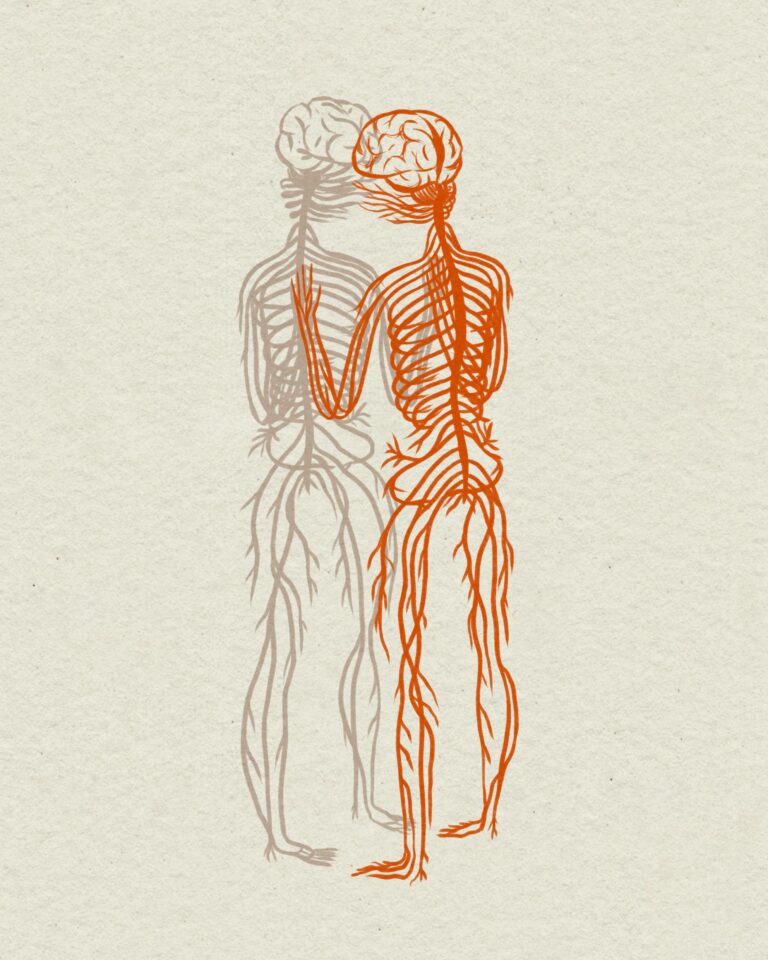
The 15th international competition of sambo wrestling in Armenia. Image by PAN Photo / Sedrak Mkrtchyan/Flickr, Some Rights Reserved.
The Danger of Rumination Without Release
The relatively nonviolent world of baseball received a jolt this month when a Texas Rangers pitcher threw a heater at Blue Jays outfielder Jose Bautista’s ribs at 96 miles per hour. The ball struck Bautista in the elbow. He fumed about the pitch on first base and, at his first opportunity to run for second, slid hard into Rangers baseman Rougned Odor. Odor responded by clocking Bautista in the jaw with one of the nastiest right hooks major-league sports has seen in recent memory.
While a casual observer might attribute the dustup to the heat of the moment, sports fans knew the brawl was the culmination of a seven-month feud. Last fall, Bautista hit a three-run homer that knocked the Rangers out of the playoffs — and flipped his bat into the air for good measure. The haughty bat toss sparked a controversy about sportsmanship and enraged the Rangers.
“This has been brewing since last October,” said one announcer during the May 15 fight.
“It’s all red and blue on the grass behind the second-base bag here as fists are flying,” said another announcer while players and coaches stormed the field, bright uniforms colliding while 40,000 people in the stands roared.
#BlueJays and Rangers brawl in Texas. pic.twitter.com/Zpnwy1PIFQ
— Faizal Khamisa (@SNFaizalKhamisa) May 15, 2016
I was struck by seeing those two colors ripping at each other this presidential election year, when “red” and “blue” America is at odds with itself. As it was in that Texas baseball stadium, resentment is rife throughout the electorate. Amid the most outrageous and ego-fueled campaign season that many Americans have witnessed in their lifetimes, physical violence has erupted at political rallies, and many social-media posts amount to verbal assault. Meanwhile, the complex issues we’re debating demand logical, humane solutions.
For those who would like to view that election or any other ongoing situation with clear eyes and open hearts, consider this observation from A New Earth, by Eckhart Tolle, about angry birds:
[After] two ducks get into a fight, which never lasts long, they will separate and float off in opposite directions. Then each duck will flap its wings vigorously a few times, thus releasing the surplus energy that built up during the fight. After they flap their wings, they float on peacefully, as if nothing had ever happened.
Tolle isn’t celebrating the violence of the duck fight, of course, but the effortlessness with which the ducks move on without a grudge. The flapping of the wings is a metaphor for letting go of the past. In literal terms, it also happens to be a biological mechanism to process the chemicals pumped into an animal’s system in moments of distress. When I first read the passage years ago, I recognized its truth as a former farm kid who countless times had seen animals have it out and promptly get over it.
Much of the world acts as though the mind and body are two separate entities, though, the wisdom of the latter often ignored in a developed world that revolves around the mental realm of intellect and ideas. Thinking is where we put most of our focus, as evidenced by school systems in which knowledge is prized but playground recess time has diminished.
Recess is making a comeback, though, not just for its physical benefits but for its mental ones. As part of a research project through Texas Christian University, a Fort Worth elementary school recently tripled its recess time and saw increased focus in the classroom. Earlier this year, the nearby Dallas district made recess mandatory for its schools.
Many adults, stationed at computer screens or monotonous tasks every day, have even less opportunity to engage their physical selves than school kids do. One need look no further than Twitter on the night of a state primary — when emotions run wild, 140 characters at a time — to see that many of us could use a good flap of our wings.

Tolle goes on to describe the problem of rumination without release:
If the duck had a human mind, it would keep the fight alive by thinking, by story-making. This would probably be the duck’s story: ‘…He thinks he owns this pond. He has no consideration for my private space…’ As far as the body is concerned, the fight is still continuing, and the energy it generates in response to all those thoughts is emotion…”
Emotions like fear and anger play an important, healthy function. They evolved to signal when we need to change or leave a situation to ensure our well-being. Long after emotions have done their job, though, humans and their powerful minds are prone to resurrect them through memory. Tolle calls the resulting albatross of feeling the “pain body.” Medical science would pinpoint its symptoms as depression, anxiety, and related physical ailments. Whatever old fights we have kept alive in our minds, our bodies carry them — and our bodies can help us let them go.
This doesn’t require taking a swing at your perceived enemy, as anyone who has ever cleared her head with a good run or swim knows. The yogic tradition has integrated the physical, mental, and spiritual for more than a thousand years. The rituals of many world religions involve bodily motions that at once symbolize an idea and energize the corporeal form. And it’s not so long ago that Native Americans danced and howled around fires before and after battles — an evolved act of emotional intelligence that European settlers condemned as primitive.
The instinct toward mind-body connection is in our language. We tell a kid who strikes out at the baseball diamond to “shake it off.” Florence and the Machine’s hit song about letting go of the past is called “Shake It Out”; in the video, people dance and writhe as an act of catharsis. Jay-Z similarly recommended that after enduring an offense you “brush your shoulders off,” a metaphorical physical gesture even President Obama has demonstrated when discussing the perils of political campaigning.
The word “emotion” itself comes from the Latin emovere for move away, remove, stir up, agitate. If something vexes your mind — an event from childhood, a slight by a coworker, political discourse on social media — it begs for release. That can happen without the body’s direct assistance. For those able, though, an excellent way to let go is to stop thinking and put yourself into physical motion.
The body possesses an intelligence that science barely grasps and that most of us fail to honor in our daily lives. We can rectify that imbalance through sport, ritual or a simple walk around the block to “blow off steam.” The less fogged our minds are by dangerously pent-up feeling, the more effectively we can approach the inevitable challenges and conflicts of life.


Share your reflection